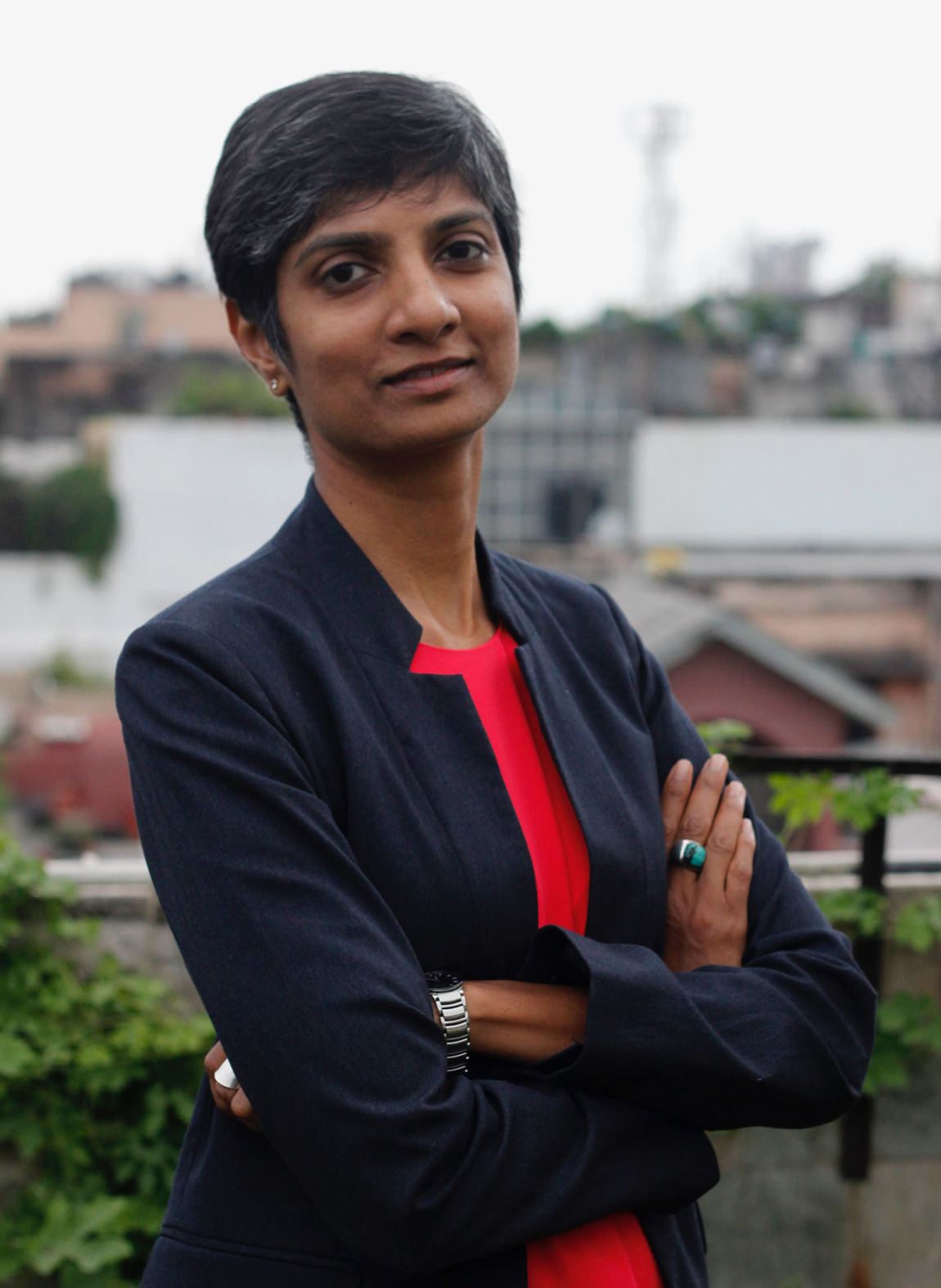On December 11, 2020, we published “In Modi’s India, the ‘Love Jihad’ Myth Is Made Law,” by Menaka Guruswamy. A senior advocate at India’s Supreme Court, Guruswamy is one of her country’s leading constitutional and civil rights lawyers, currently litigating an array of cases ranging from challenges to the recent Citizenship Amendment Act and efforts to recognize same-sex marriage, to claims concerning extrajudicial killings by the military in the state of Manipur and the right of women to enter the Sabrimala Temple in Kerala.
Her essay for nybooks.com concerned a recent law in the state of Uttar Pradesh prohibiting Unlawful Conversion of Religion whose real aim and effect is to criminalize intermarriage between Muslim men and Hindu women. “The brainchild of India’s ruling Hindu nationalist Bharatiya Janata Party (BJP) and, in particular, Uttar Pradesh’s chief minister, the fiery Hindu monk Yogi Adityanath,” as Guruswamy writes, gives statutory power to long-running Hindutva propaganda about a so-called Love Jihad, in which Muslim men are alleged to use the lure of romance to convert Hindu women to Islam. In reality, the Uttar Pradesh ordinance is an anti-miscegenation law, pure and simple—as bigoted as the bans on interracial marriage that pertained in the American South until the US Supreme Court decided Loving v. Virginia in 1967.
Guruswamy is not herself involved in litigating any challenge to the Uttar Pradesh law, but if, as seems likely, the BJP is using the state as a legislative laboratory for a similar measure at the federal level, she may well do so in future. As a litigator, she is best-known for her involvement in the landmark 2018 case in which the Supreme Court struck down Section 377, sometimes known as “the sodomy law,” a colonial-era statute that criminalized homosexuality. She and the other leading lawyer on the case, Arundhati Katju, had both been involved in an earlier petition, in 2013, that had failed to overturn 377. I asked Guruswamy this week via email what made the difference the second time around?
“It was clear to us that the sodomy law would change when LGBT people shared their stories,” she explained. “The petitioners’ stories of personal and professional aspiration, and love and loss, resonated with the judges and with other Indians because they spoke to the human experience. I think what made the difference was that the judges could relate to these lives, their losses, and on how love is so important. We framed our litigation as the ‘right to love.’”
And perhaps it helped, she mused, that “also there were gay lawyers arguing the case for the first time?”
She is referring both to herself and Katju. The two were widely feted after winning the historic case—Time magazine featured them in its 2019 Time100 list of influential people—and, in an interview on CNN, they came out as a couple. This public avowal was “mostly celebrated in India, including in the vernacular press,” Guruswamy told me, “One of the most wonderful pieces we came across was in a Marathi newspaper, which spoke about how important Megan Rapinoe and we were for women’s rights and reimagining gender norms.” In the wake of the Section 377 case, Guruswamy has taken up the cases of couples seeking recognition for same-sex marriage in India.
Besides her work at the Supreme Court, Guruswamy also teaches. A former Rhodes scholar, she has been a visiting faculty member at Yale Law School, NYU, University of Toronto, and Columbia Law School. She knew she wanted to be a lawyer since her teens, she said: “I briefly entertained the idea of being a back-up singer for Madonna. But my loving cousins explained to me that I had no talent. So the law it was.”
She has her work cut out for her in India today. As Joseph Allchin described in a piece for nybooks.com earlier this year about the citizenship register in Assam, the Hindu nationalist agenda is often tested in states before being adopted nationally. How far can the BJP push this, I asked Guruswamy. “Laws pertaining to the citizenship register, the Citizenship Amendment Act, the Love Jihad ordinance are all statutory efforts to segregate and then exclude Muslims from full Indian citizenship. It’s deeply unconstitutional and extraordinarily disappointing conduct from an elected government,” she replied. “To me, it’s reminiscent of apartheid South Africa or Nazi Germany.”
In the US recently, we’ve seen the courts respond in a reassuringly robust way to the Trump campaign’s legal attempts to overturn voters’ choices in the November election. I wondered whether Guruswamy had confidence in the ability of India’s judicial system to resist efforts to undermine constitutional and civil rights.
“I have great faith and high expectations of the Supreme Court,” she said. “The justices play a significant role in interpreting the Constitution and have protected many marginalized communities in India. I hope they will continue being the voice of the Constitution of India and honoring the promises made by our Constitution.”
Advertisement
And for her own part?
“I have good days and bad days, but not one goes by when I don’t feel engaged or useful,” she said. “These are my country’s stories that I get a chance to tell in court. I get to witness the range of the human experience—love, greed, innocence, guilt, sacrifice, and compassion. At the heart of it, lawyers are storytellers, and I am deeply humbled and honored that people trust me with their stories.”



